The Evolving Role of Higher Education
April 22, 2025 - 04:51
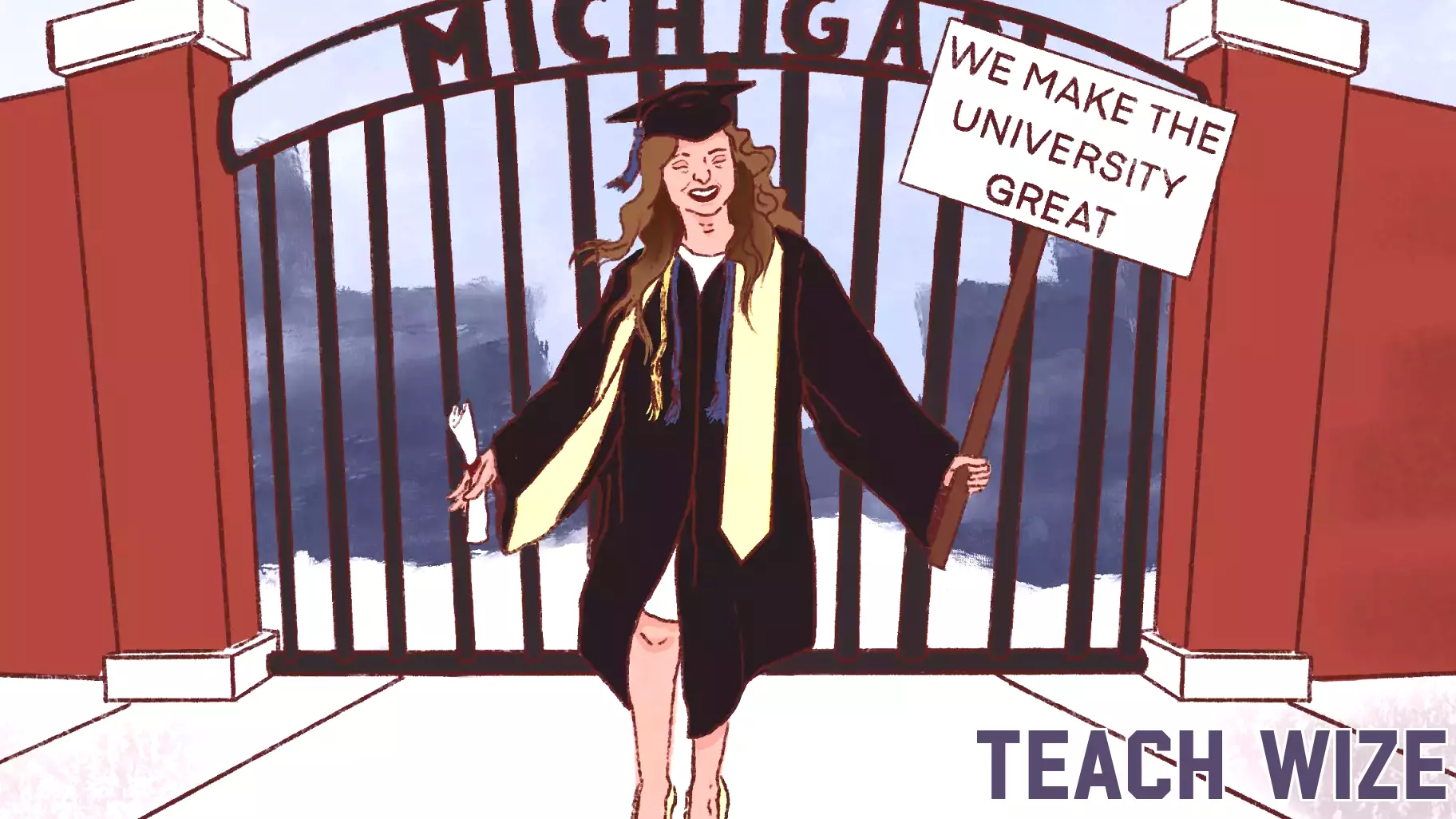
Higher education is falling behind on the lesson plan that it drafted at its birth: protect, educate, and better its students. As the landscape of academia shifts, many institutions are grappling with the fundamental purpose of a college education. Traditionally viewed as a pathway to personal and professional growth, colleges are now facing criticism for not adequately preparing students for the complexities of the modern workforce.
In recent years, rising tuition costs and student debt have sparked debates about the value of a degree. Many graduates find themselves questioning whether their education has equipped them with the skills needed to thrive in a competitive job market. Furthermore, concerns about mental health, inclusivity, and support services have emerged, highlighting the need for colleges to prioritize student well-being alongside academic achievement.
As society evolves, so too must the approach to higher education. Institutions are being called to reassess their curricula, teaching methods, and support systems to ensure they fulfill their commitment to nurturing and empowering the next generation. The challenge lies in balancing tradition with innovation, making sure that the college experience remains relevant and beneficial for all students.
MORE NEWS
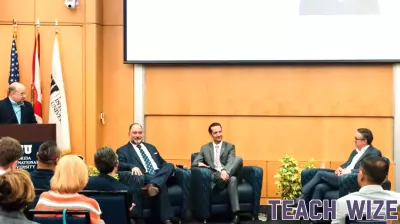
February 25, 2026 - 00:06
Higher education leaders discuss national trends at FIUA pivotal discussion on the national trends shaping higher education unfolded recently, bringing together top policymakers and experts to debate the pressing question of a degree`s return on...
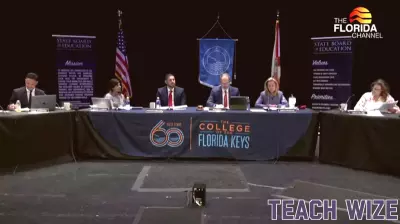
February 24, 2026 - 04:14
Florida education leaders voted to add the fall of Venezuelan leader to high school lessons about communismFlorida high school students will soon examine the dramatic 2019 removal and capture of Venezuelan leader Nicolás Maduro as a case study within their history curriculum. The state`s education...
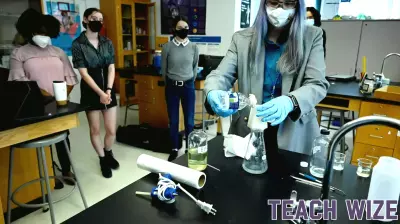
February 23, 2026 - 20:32
The STEM teacher workforce in high-need settings: Evidence on trends, challenges, and the role of the Noyce programNew research is shedding light on the critical state of the STEM teacher workforce in America`s high-need school districts. A recent expert evaluation reveals a teaching corps characterized by both...
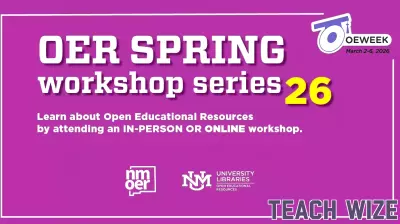
February 23, 2026 - 05:49
Open Education Week is back for spring 2026The global academic community is preparing to celebrate Open Education Week this spring, a key event dedicated to breaking down barriers in learning. From March 2nd through the 6th, institutions...